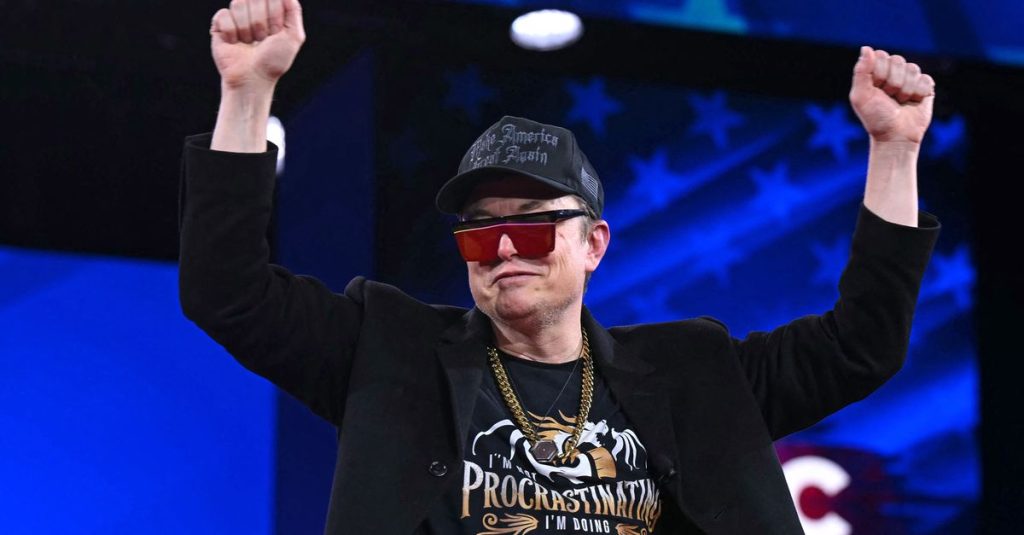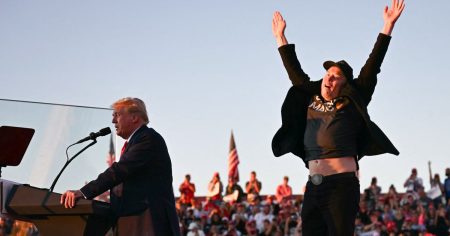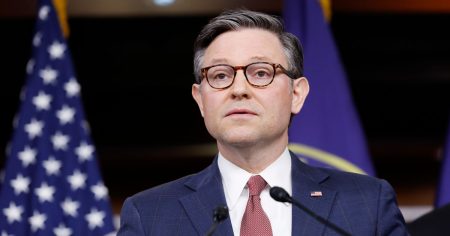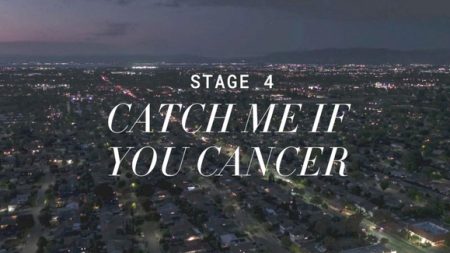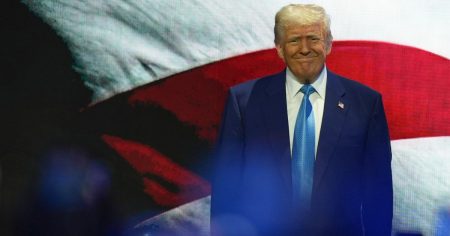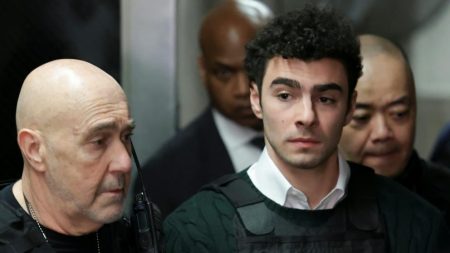Elon Musk’s Government Ties and the Rise of the Department of Government Efficiency
Elon Musk’s close relationship with President Donald Trump and his role in the government’s cost-cutting initiatives have sparked controversy, particularly as these efforts appear to benefit Musk’s own business interests. Within the first month of Trump’s second administration, Musk, overseeing the newly created Department of Government Efficiency (DOGE), has been instrumental in slashing thousands of government jobs. These cuts have notably affected agencies responsible for regulating Musk’s numerous businesses, including Tesla, Neuralink, and SpaceX. Critics argue that these reductions not only undermine governmental oversight but also create a favorable business environment for Musk, further solidifying his position as the world’s richest individual.
Government Job Cuts and Their Impact on Regulatory Agencies
Reports indicate that DOGE has made significant cuts to federal government teams responsible for regulating two of Musk’s prominent ventures: Tesla and Neuralink. According to sources cited by Reuters, last weekend, DOGE oversaw the dismissal of Food and Drug Administration (FDA) employees who were reviewing Neuralink, Musk’s brain implant company. These cuts targeted a department handling clinical trial applications for Neuralink and other brain-computer interface devices. Similarly, The Washington Post reported that DOGE has reduced a specialized unit within the National Highway Traffic Safety Administration (NHTSA) focused on the safety of autonomous vehicles, such as those produced by Tesla. Among the terminated employees were an engineer who worked with crash test dummies and a research psychologist specializing in drunken driving and speeding. A fired engineer expressed concern that these cuts would severely impair the federal government’s ability to assess the safety of Tesla’s vehicles adequately.
Ongoing Investigations and Enforcement Actions Against Musk’s Companies
A review by The New York Times earlier this month revealed that federal agencies targeted by DOGE were involved in numerous ongoing investigations and enforcement actions related to Musk’s six companies. These included 24 investigations by the National Labor Relations Board and a lawsuit by the Securities and Exchange Commission (SEC) alleging that Musk owes the federal government up to $150 million. DOGE has also effectively shut down the Consumer Financial Protection Bureau, which was evaluating hundreds of complaints about Tesla, many of which pertained to debt collection and loan issues. These developments have raised concerns about the erosion of regulatory oversight and the potential for unchecked business practices.
Legal and Regulatory Concessions for SpaceX
The Justice Department (DOJ) recently announced that it is dropping a case against SpaceX, a company founded by Musk, which had been accused of refusing to hire certain immigrants. The 2023 complaint alleged that from 2018 to 2022, SpaceX had prohibited asylum recipients and refugees from employment by stating in job postings and public statements that it could only hire U.S. citizens and lawful permanent residents due to U.S. export control laws. The DOJ’s decision to dismiss the case with prejudice, meaning the charges cannot be revisited, has been viewed as a significant concession to Musk’s company.
Pressure Tactics on Advertisers to Support X
The Wall Street Journal reported that lawyers for X, the social media platform owned by Musk (formerly known as Twitter), have been pressuring advertising conglomerate Interpublic Group to persuade its clients to increase their advertising spending on X. Interpublic leaders interpreted this pressure as a veiled threat, suggesting that a recently announced $13 billion merger with rival Omnicom Group could be sabotaged by the Trump administration if they did not comply. Musk has been vocal in his criticism of companies that halted advertising on X after he acquired the platform, stating at New York’s DealBook Summit in November 2023, "If somebody’s going to try to blackmail me with advertising? Blackmail me with money? Go fuck yourself. Go. Fuck. Yourself. Is that clear?"
The Implications of Musk’s Influence and Policy Leverage
The convergence of Elon Musk’s personal business interests and his role in shaping government policy has far-reaching implications. As the head of DOGE, Musk has been able to dismantle regulatory frameworks that once scrutinized his companies, effectively clearing obstacles to his business ventures. The reduction of regulatory oversight, the dismissal of legal challenges, and the pressure on advertisers to support his platforms collectively create a landscape where Musk’s influence over both government and industry is unparalleled. This raises significant questions about the balance of power, the integrity of regulatory systems, and the potential for unchecked corporate growth in an era of increasing government-business collaboration. The outcomes of these developments will likely shape not only the future of Musk’s empire but also the broader economic and political landscape for years to come.





